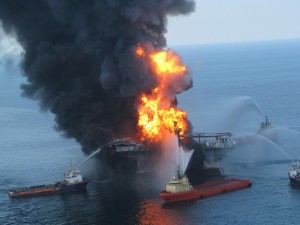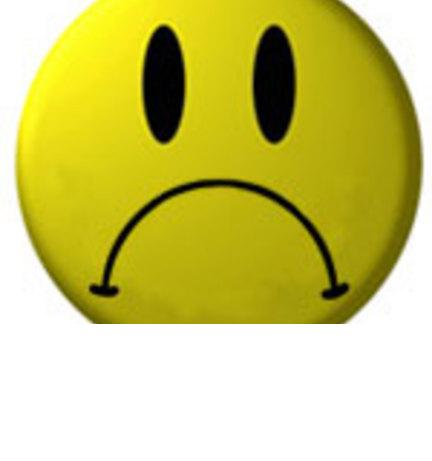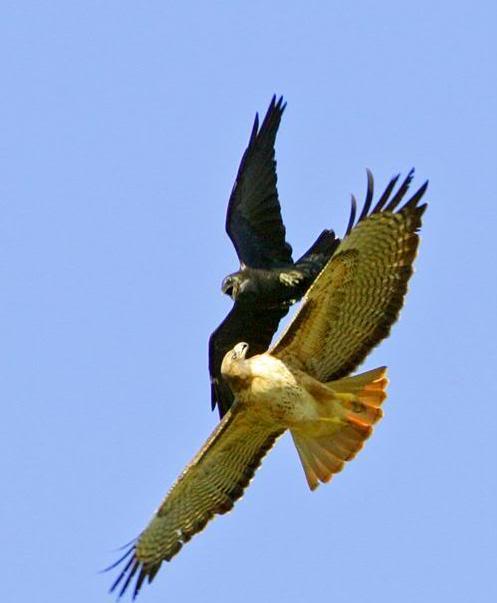Doing Twitter searches for “Fire on the Horizon” enables me to instantly find any early reviews, however obscure, and in the age of the Blog, they can pop up in some pretty obscure places indeed. “Enable” is the key word. As any recently published author can tell you, the addiction to hunting down any and all info about “how the book is doing” can become severe. In the old days, beside doing general web searches and checking the Amazon number every hour, you were pretty much at the mercy of your publicist to learn of far-flung reviews. Now, since anyone who writes ANYTHING will Tweet about it, I think I am pretty much All Seeing.
Click below for some examples of what’s popped up this week:





 F
F